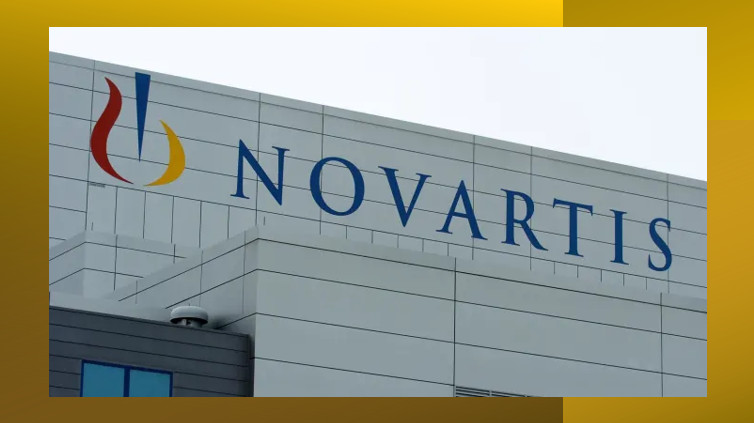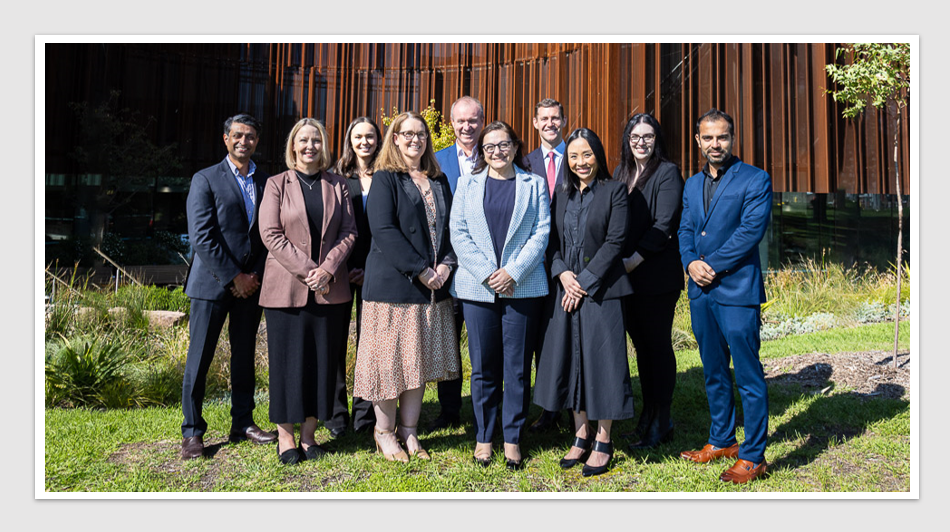News & Trends - Pharmaceuticals
Novartis and Gates Foundation collaborate on gene therapy

Pharma News: Novartis entered into a grant agreement with the Bill & Melinda Gates Foundation to provide funding support for the discovery and development of a single-administration gene therapy to cure sickle cell disease (SCD).
The project brings together Novartis drug discovery and gene therapy expertise with the Gates Foundation’s charitable objectives to expand access to healthcare in low-resource settings in an effort to address this potentially life-threatening genetic disease.
“Existing gene therapy approaches to sickle cell disease are difficult to deliver at scale and there are obstacles to reaching the vast majority of those affected by this debilitating disease,” said Jay Bradner, a haematologist and President of the Novartis Institutes for BioMedical Research (NIBR). “This is a challenge that calls for collective action, and we are thrilled to have the support of the Bill & Melinda Gates Foundation in addressing this global unmet medical need.”
SCD is a hereditary blood disease that affects millions around the world, with over 300,000 born with the condition annually.
While the genetic cause of SCD has been known for decades, it’s only recently that the medical world has gained the tools to potentially fix the errant gene that causes the disease. Current clinical-stage gene-based therapies require extracting cells from a patient, altering those cells in a laboratory, and then reintroducing them to the patient through a complex procedure akin to a bone marrow transplant. The lab and manufacturing facilities and hospital infrastructure for such procedures often do not exist in the areas where SCD is most prevalent, excluding the vast majority of those with the disease from these life-changing gene therapies.
“Gene therapies might help end the threat of diseases like sickle cell, but only if we can make them far more affordable and practical for low-resource settings,” said Trevor Mundel, President of Global Health at the Gates Foundation. “What’s exciting about this project is that it brings ambitious science to bear on that challenge. It’s about treating the needs of people in lower-income countries as a driver of scientific and medical progress, not an afterthought. It also holds the promise of applying lessons learned to help develop potentially curative options for other debilitating diseases affecting low-income populations, such as HIV.”
Novartis envisions developing an accessible in vivo gene therapy for SCD that could potentially be administered once, directly to the patient, without the need to modify the cells in a lab. This would have the advantage of mitigating the need for long or repeated hospital stays or specialized lab infrastructure. To facilitate the research, the Gates Foundation has agreed to provide funding support for a research team within NIBR wholly dedicated to developing an approach to delivering this potential treatment. Novartis will provide in-kind support and access to its suite of technologies and resources.
In addition to research funding, the Gates Foundation lends its long history and experience in global health to this collaboration. As part of the early drug design strategy, Novartis will prioritise addressing access and distribution hurdles posed by limited healthcare infrastructure in low- and middle-income countries and the funding agreement includes specific provisions to support global access to any resulting innovations.
“Novartis is proud to lead this effort to find an accessible genetic therapy for sickle cell disease, with support from the Bill & Melinda Gates Foundation,” said Lutz Hegemann, Group Head of Corporate Affairs & Global Health for Novartis. “In keeping with our purpose, we firmly believe we can use science and innovation to reimagine the way SCD is treated for patients around the world.”
The agreement builds on the Novartis commitment to improve the lives of patients with sickle cell disease through the development of new treatments, including monoclonal antibody Adakveo (crizanlizumab), strategic partnerships with government and non-government organisations, and support for such interventions as newborn screenings and the distribution of existing drugs.
News & Trends - Pharmaceuticals

A permanent dent in a big problem: Omico’s CEO Professor Thomas and Oncologist A/Professor Underhill
Pharma News: Professor David Thomas, CEO of Omico, and Associate Professor Craig Underhill, Medical Oncologist, Albury-Wodonga, joined Health industry Hub […]
MoreNews & Trends - Pharmaceuticals

Novartis partners with Monash University and Monash Health in cardiovascular disease
Pharma News: Coinciding with Heart Week, Monash University, Monash Health and Novartis announced a unique partnership in the fight against […]
MoreMedical

BMS appoints new Country Medical Director in internal promotion
Medical: Bristol Myers Squibb (BMS) has announced the appointment of Dr Meredith Edwards as the new Country Medical Director of […]
MoreLeadership & Management

Calls for ASX-listed companies to report on board diversity
Leadership & Management: The ASX Corporate Governance Council released the a consultation for a proposed fifth edition of the Corporate Governance […]
More